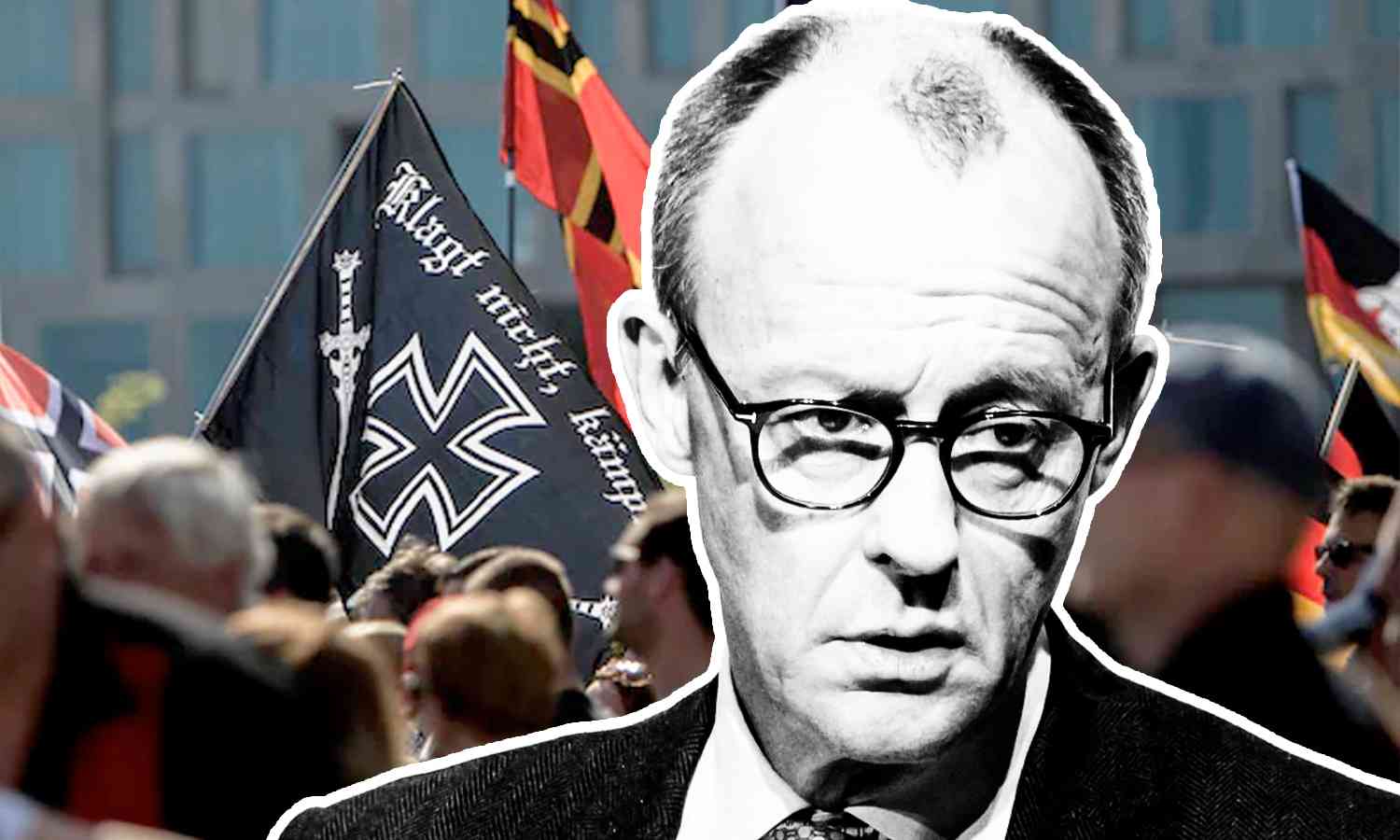Berlin – Germany’s recent national election has marked a significant shift in the country’s political landscape, one that should raise concerns far beyond its borders. While the conservative CDU/CSU bloc, led by Friedrich Merz, emerged victorious, the most startling development was the meteoric rise of the far-right Alternative for Germany (AfD). The AfD’s doubling of its electoral support signals a growing acceptance of extremist politics, threatening Germany’s democratic fabric and posing broader implications for Europe. With the continent already facing economic struggles, rising nationalism, and geopolitical uncertainty, Germany’s lurch towards the right should serve as a wake-up call for democracies everywhere. The resurgence of the far right in Europe’s largest economy could have profound consequences, affecting everything from domestic policies to international alliances.
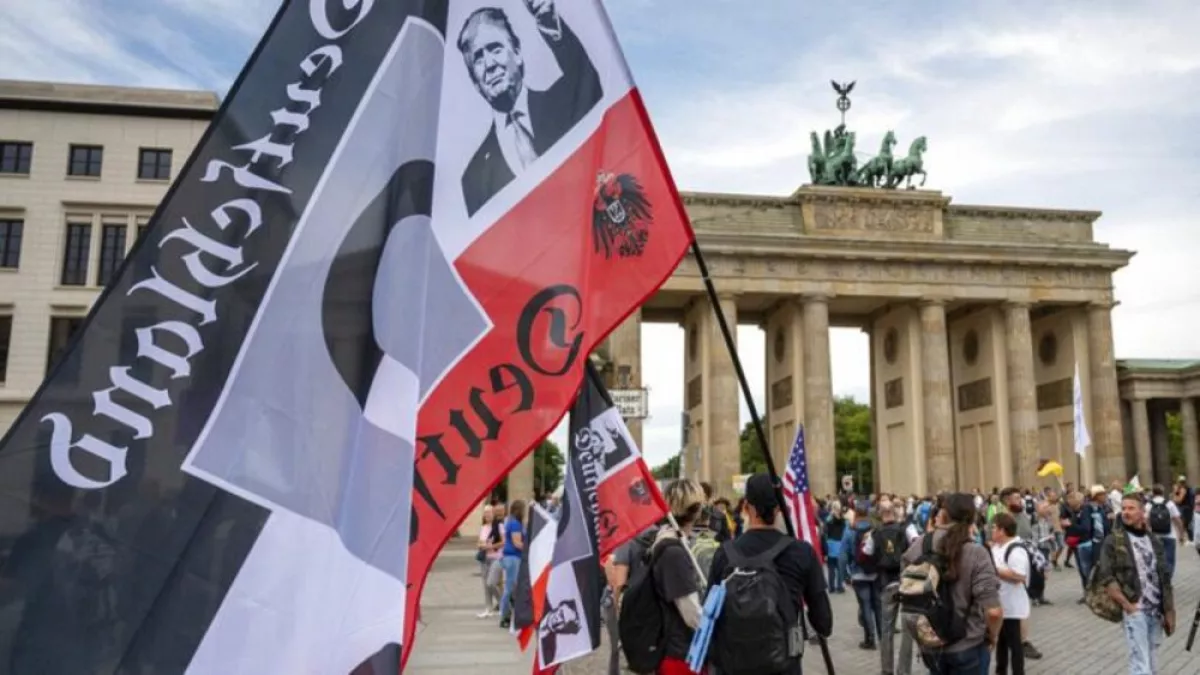
Germany's Election: A Shift in Power and the Rise of the Far Right
Germany’s conservative opposition leader, Friedrich Merz, secured a subdued victory in the national elections on Sunday, while the far-right Alternative for Germany (AfD) saw its support double, marking the strongest performance by an extremist party since the Second World War. Projections from ARD and ZDF public television indicated that Chancellor Olaf Scholz’s centre-left Social Democrats (SPD) had suffered a resounding defeat, finishing in third place with their worst post-war result in a national parliamentary election. Scholz conceded the loss, describing it as “a bitter election result.”
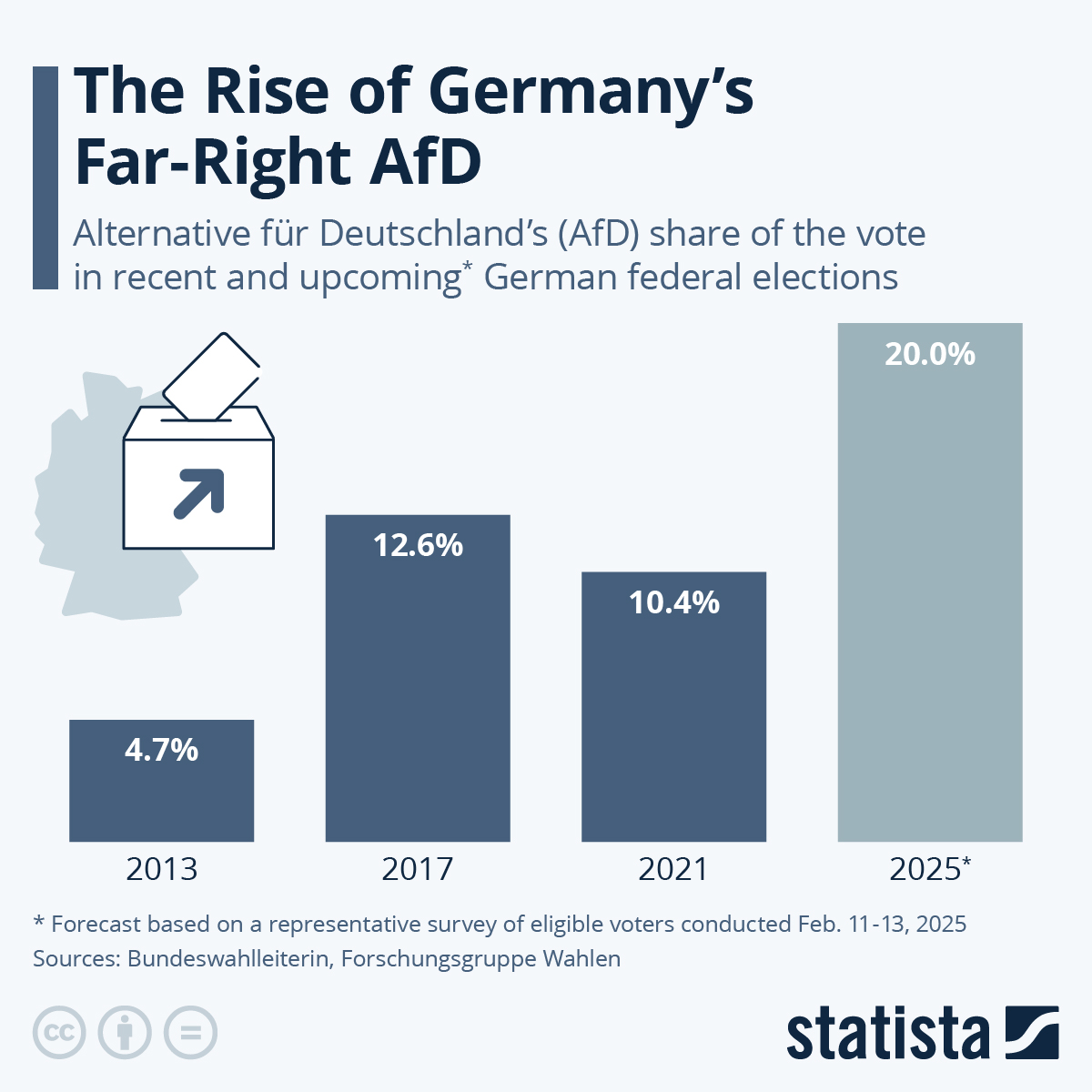
Merz has expressed his ambition to form a coalition government by Easter, though this is expected to be a challenging task. The election, originally scheduled for later in the year, was brought forward by seven months following the collapse of Scholz’s unpopular coalition in November. His government, three years into its term, had been increasingly plagued by internal strife, leading to widespread public discontent and a lack of enthusiasm for any of the candidates.
The campaign was largely defined by concerns over Germany’s prolonged economic stagnation and the pressing need to manage migration—a divisive issue that intensified in recent weeks as Merz advocated a stricter approach. These domestic issues played out against a backdrop of growing geopolitical uncertainty, particularly regarding Ukraine and Europe’s evolving relationship with the United States.
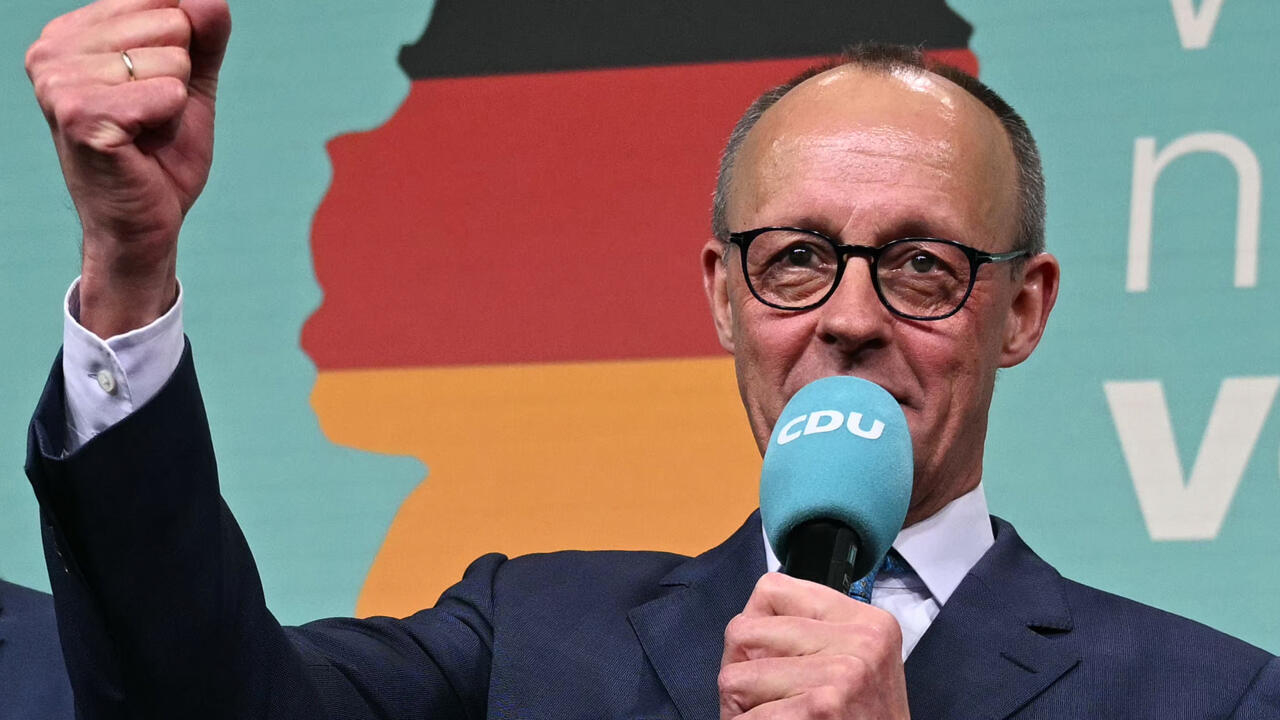
Who is Friedrich Merz?
A former banker with no previous ministerial experience, Friedrich Merz is now the most likely candidate to become Germany’s next chancellor after his centre-right CDU/CSU alliance secured the most votes in Sunday’s pivotal election. However, his campaign took a controversial turn when he secured a parliamentary vote with the backing of the far-right AfD—a move seen as a historic and highly contentious moment. Despite this, he has since insisted that he will uphold Germany’s political “firewall” (“Brandmauer”) and will not consider a formal coalition with the anti-immigration AfD.
While Merz will have to navigate a complex and fragile domestic political landscape, many of his greatest challenges are likely to arise from international affairs. Once hailed for his claim that he could simplify Germany’s tax regulations so that they would fit on the back of a beer coaster, he now faces a far more intricate reality. A keen aviator and father of three, Merz reportedly owns two private jets—though only after his wife insisted he wait until their children had left home before making the purchase. Now at the helm of Germany’s leading conservative party, he is determined to make a swift and decisive impact in office.
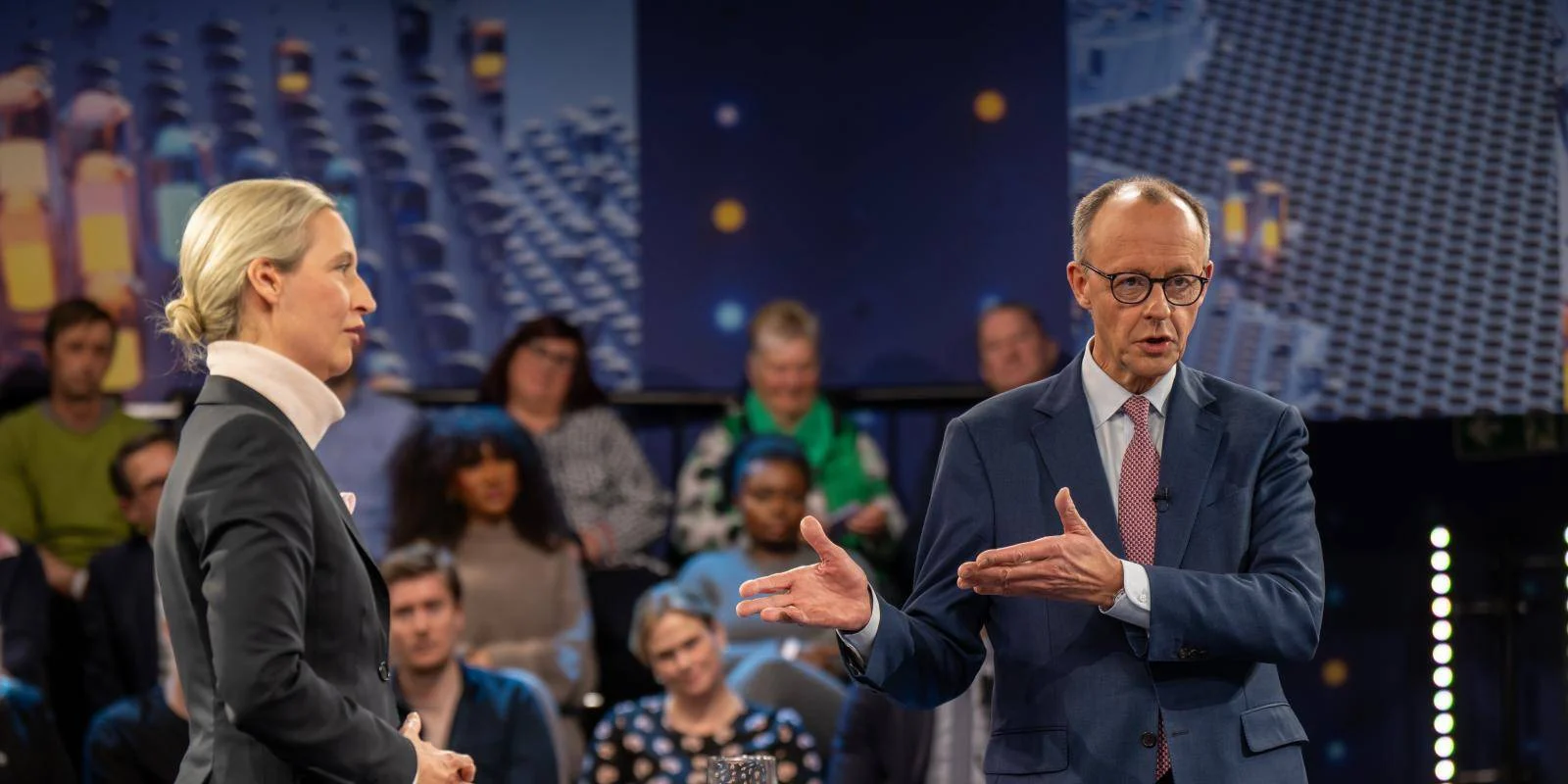
Transatlantic Relations and the Ukraine Crisis
During the early stages of his campaign, Merz positioned himself as a pragmatic businessman who could negotiate effectively with former US President Donald Trump. However, his stance shifted dramatically within hours when Trump unexpectedly changed his position on Russia’s invasion of Ukraine, throwing Merz into the harsh realities of international politics before he had even assumed office. Trump’s assertion that Ukraine was to blame for the war left Merz visibly shaken. He condemned the remarks as “a classic reversal of the perpetrator-victim narrative,” highlighting that this rhetoric closely mirrored Russian President Vladimir Putin’s longstanding justification for the invasion. Referring to Trump as “an admirer of autocratic systems,” Merz expressed his shock at the former president’s stance.
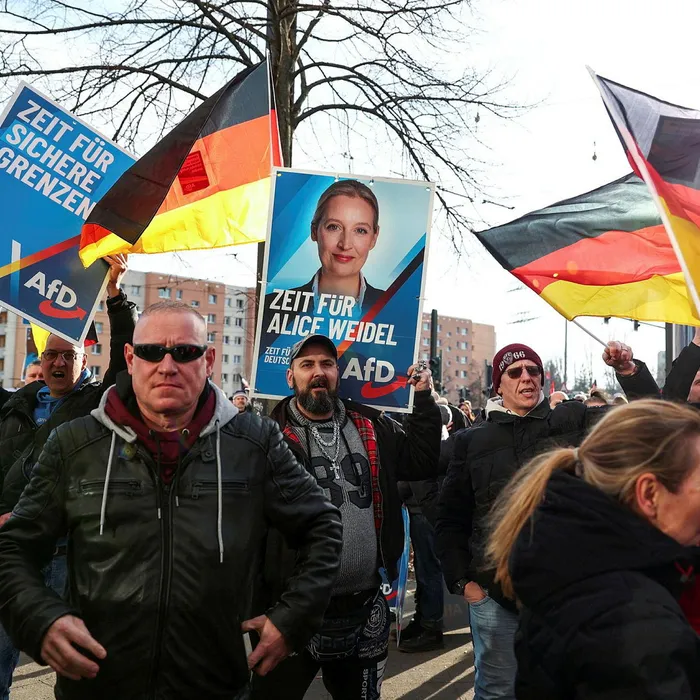
The situation has led to what Merz has described as an “epochal severance” in relations between Washington and Berlin—an issue that is likely to define his chancellorship. As the leader of Europe’s largest economy, his approach to this crisis will be pivotal in determining how the continent navigates an increasingly volatile global order. Within Germany, opinion is deeply divided. Some citizens fear that supporting Ukraine will draw Germany closer to war—a sentiment strongly voiced by the “left-conservative” Sahra Wagenknecht movement (BSW). Others argue that failing to stand up to Putin would be even more dangerous. Merz firmly aligns with the latter group. He has criticised Scholz’s government for what he sees as a policy of appeasement towards Russia and even visited Kyiv before Scholz did.
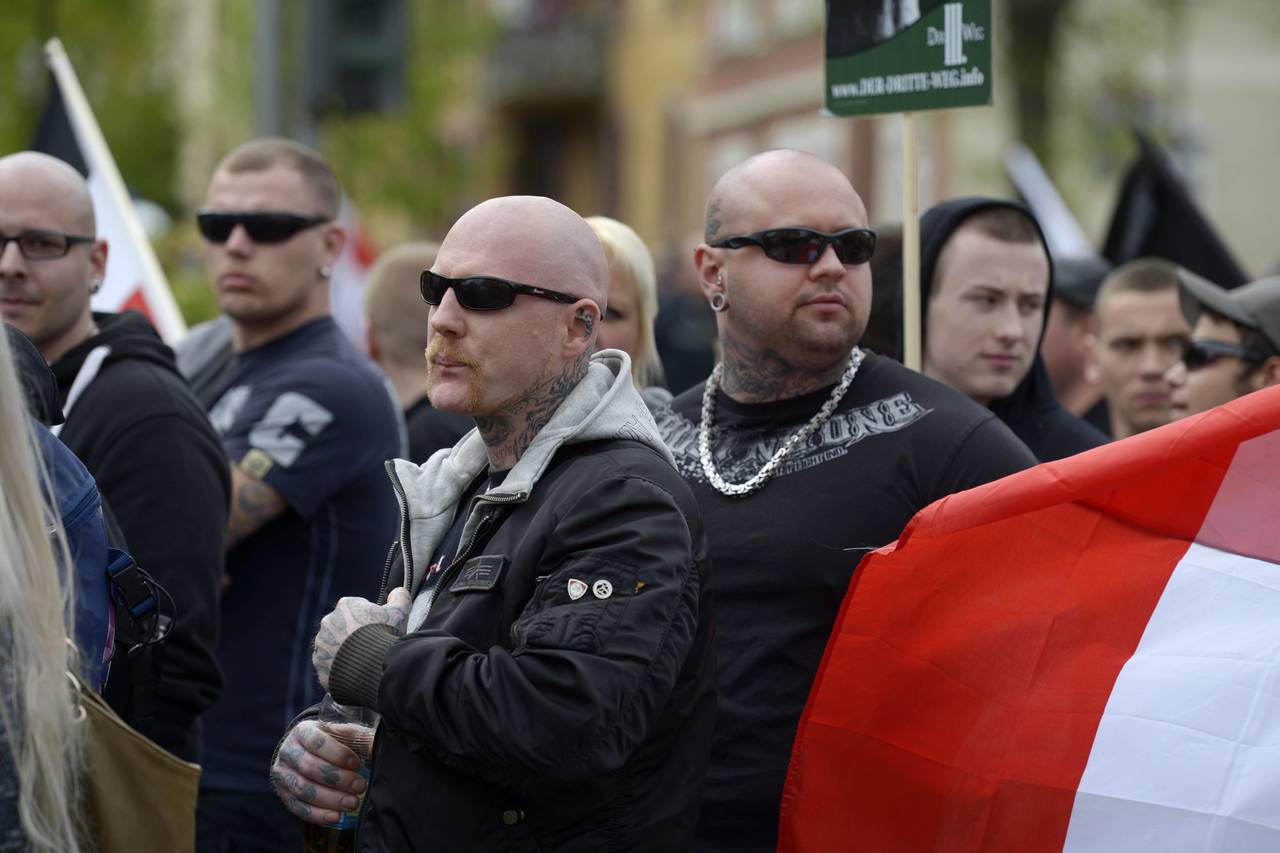
Germany remains the second-largest provider of military aid to Ukraine, and Merz has been a vocal advocate for further support, even proposing the delivery of long-range Taurus cruise missiles. His tenure is likely to see increased pressure to send German troops to Ukraine in a peacekeeping or deterrent capacity—an idea Scholz has dismissed as “completely premature.”
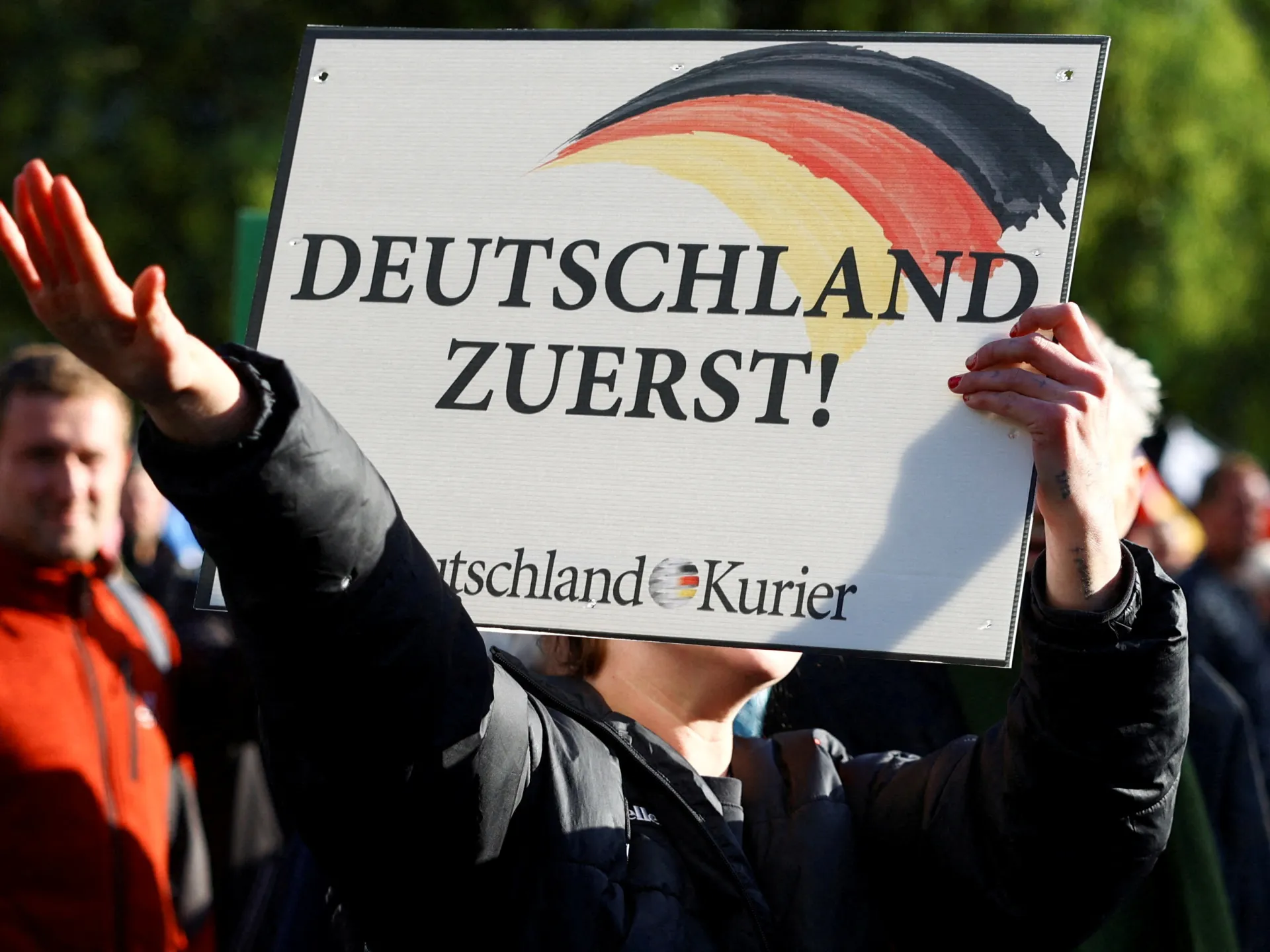
Troubling times ahead?
A pressing question now is whom Merz will choose as coalition partners and whether he will maintain his refusal to cooperate with the AfD. His controversial decision in January to accept AfD backing for a non-binding proposal on stricter border controls marked a significant moment in the election campaign, breaking a long-standing taboo in German politics. Although he has repeatedly ruled out a formal CDU-AfD coalition, concerns persist that an unstable and divided government could eventually lead to such an outcome, particularly in the next federal election in 2029.
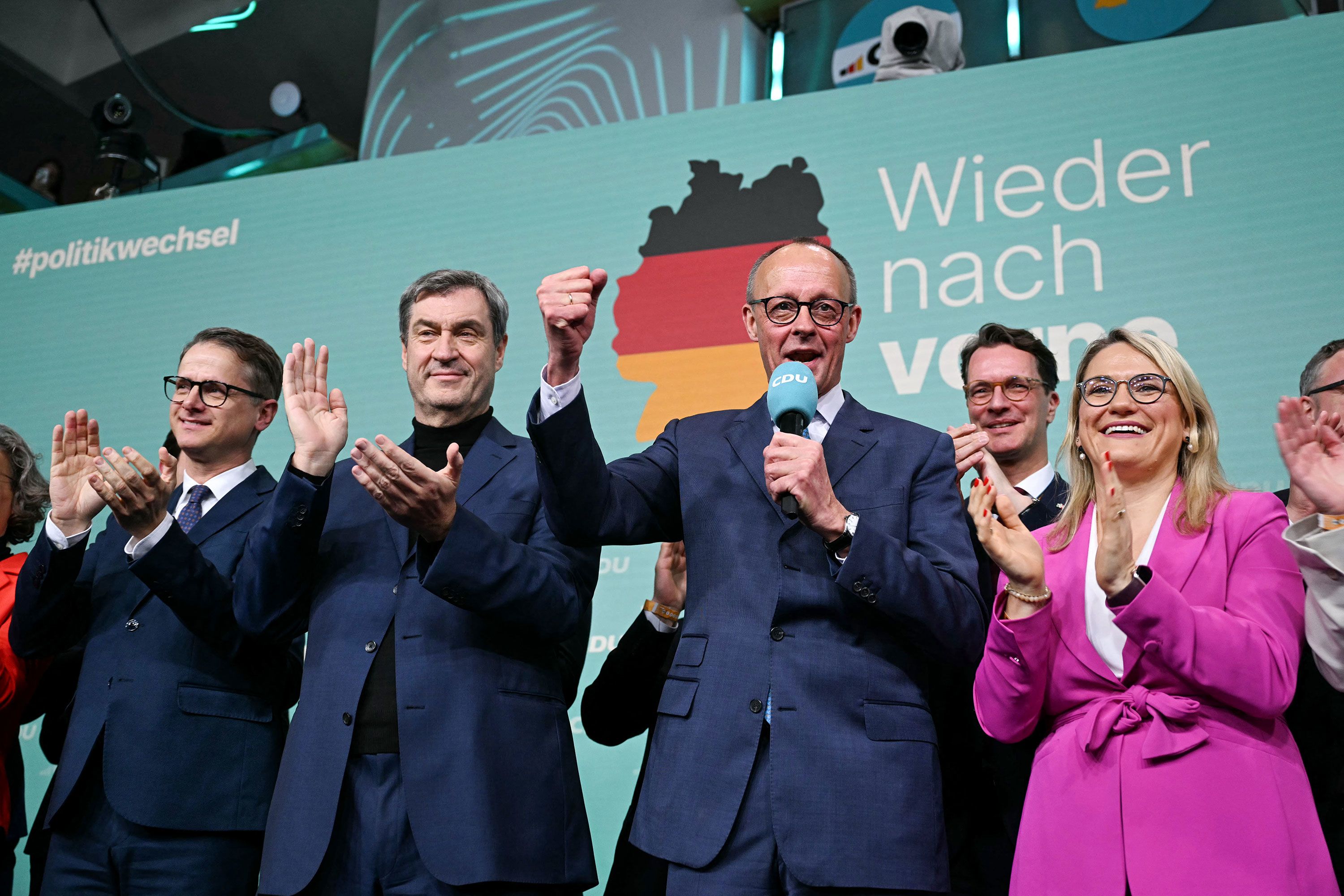
Merz’s political career has long been shaped by his rivalry with former Chancellor Angela Merkel, who sidelined him in the early 2000s as he attempted to ascend within the CDU. His supporters view him as a return to traditional Christian Democratic values—something they believe Merkel moved away from. He has openly criticised her 16-year tenure, accusing her leadership of being stagnant and describing her 2015 open-door refugee policy as shrouded in a “blanket of fog.”
While Merkel has mostly refrained from commenting on his leadership, she recently issued a rare public criticism of his willingness to engage with the AfD, signalling her disapproval. Given that she still commands considerable respect among the German electorate, her assessment of Merz’s future decisions will be closely watched.
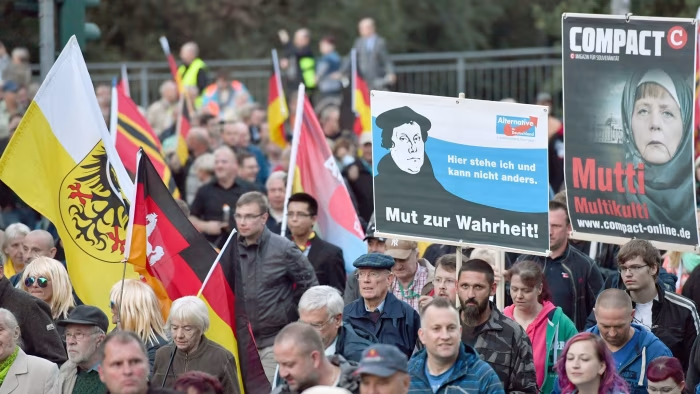
With inputs from agencies
Image Source: Multiple agencies
© Copyright 2024. All Rights Reserved Powered by Vygr Media.

